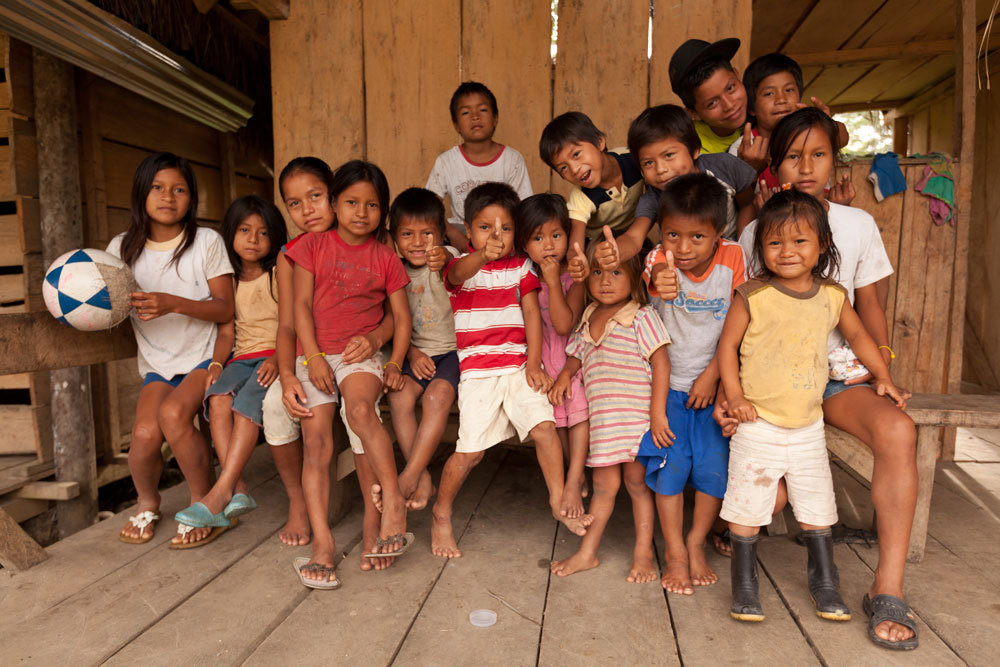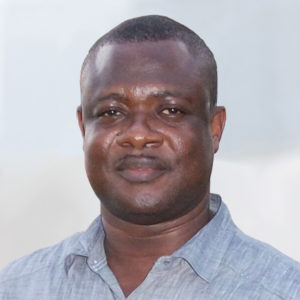Partnerships, country ownership and local solutions: A vision for the future
By Dr. Nana-Kwadwo Biritwum
Neglected Tropical Diseases (NTD) programmes have been established with the technical and funding support of global, regional, and local national country partners but often spearheaded by the WHO. Each of the partners has had a critical role to play in ensuring programmes start on the right footing. The nature of NTDs, and specifically preventive chemotherapy via Mass Drug Administration (MDA) for neglected tropical diseases (PC-NTDs), requires that countries go through a process of mapping, to establish the endemic status of countries and where to treat, undertake MDA to tackle transmission whilst developing, and sustaining surveillance structures to monitor and determine the endpoint of programmes. Thankfully, all 5 PC NTDs ultimately aim for elimination of either transmission or as a public health problem.
“The adage ‘he who pays the piper calls the tune’ quickly comes to mind, but should that be the case when it comes to weighing the strength of each contribution?”
Partnerships are crucial in achieving these noble WHO NTD 2030 goals articulated in the recent Road Map because no one can do it alone. The journey requires funding, diagnostics, drugs, and the technical and managerial capacity to manage the diversity of resource streams made available to national programmes particularly when the different funding streams have different requirements in terms of reporting. But the question which immediately comes to mind is who leads the journey? The adage ‘he who pays the piper calls the tune’ quickly comes to mind, but should that be the case when it comes to weighing the strength of each contribution? In the NTD world, inadequate and or irregular funding has been the bane of many programmes. Technical and managerial capacity, though available, needs to be augmented on all fronts by all engaged and not least among them the programme managers. The responsibility of managing the financial, technical, and logistic resources made available, though inadequate, rests with programme managers.

Image credit: Ammit Jack / Shutterstock.com
‘Ensuring national programme leadership and ownership’ by programmes has become a catchphrase in the NTD world and should also translate into elevating national voices from the global south to take up this mandate. Core to GLIDE’s efforts is “country ownership and local solutions.” If this works, then elevating voices from the global south stands to gain. But this needs to be unpacked in the roll-out of GLIDE’s programmes and projects in Africa, as a crucial function to ensure effective and efficient national programmes. Ensuring that there is sufficient human capacity with the critical technical knowledge and managerial skills must be the base of national success.
Experience as a national programme manager and on the global scene demonstrates the goodwill and desire of all partners to elevate national voices and representation in NTD conversations. A challenge to this process, however, is micromanagement by some global partners. Country programme leadership is often constrained when negotiating with partners who arrive with the much-needed funding support on what national priorities should be.
Undertaking MDA for LF is a typical example where, due to partners demands to NTD programmes to provide coverage results early, NTD programmes become obliged to undertake MDA in less than two weeks. This may result is low coverage and, in some cases, poor data quality. Strengthening the capacity of programmes to be able to negotiate both with governments and partners is key to the success of programmes but requires supportive data for key decisions often taken during annual planning. A case in point was when a partner withheld funding for conducting MDA for a particular year because 12 months had not elapsed since the previous MDA, though the MDA had taken place during the previous cycle. What the funder did not understand was what it took to prepare and roll out a nationwide MDA that employs the whole health system at the sub-national level. The result was two missed rounds of mass drug administration because the programme manager did not have the political support to insist on what was reasonable. The voices of programme managers should be reinforced in decision-making to achieve NTD process and impact targets.
National NTD programme leadership needs to drive vision, innovation, take controlled risks, and be brave but flexible. To align with WHO’s approach of providing strategic leadership for health to meet NTD goals and targets of elimination, NTD programmes should provide leadership in government policy and programme management, be constant advocates, collaborate and network with local and international partners, and ensure effective data-based decision-making processes. To this end, building the capacity of national staff is essential and ensures accountability on the part of programme managers. Though easier said than done, these partnerships should build skills to address the evolving and increasingly complex demands of their NTD programmes. Perhaps a starting point should be to develop a job description for the ideal national programme manager!
This blog post is part of our Voices from Africa series. Read other posts in the series here.

Dr. Nana-Kwadwo Biritwum is a Medical Doctor, Epidemiologist, and Public Health Specialist educated in Ghana and the UK. He has over 20 years of experience and is currently Senior Technical Advisor at the Global Institute for Disease Elimination.
Social Handles: @GLIDE_AE